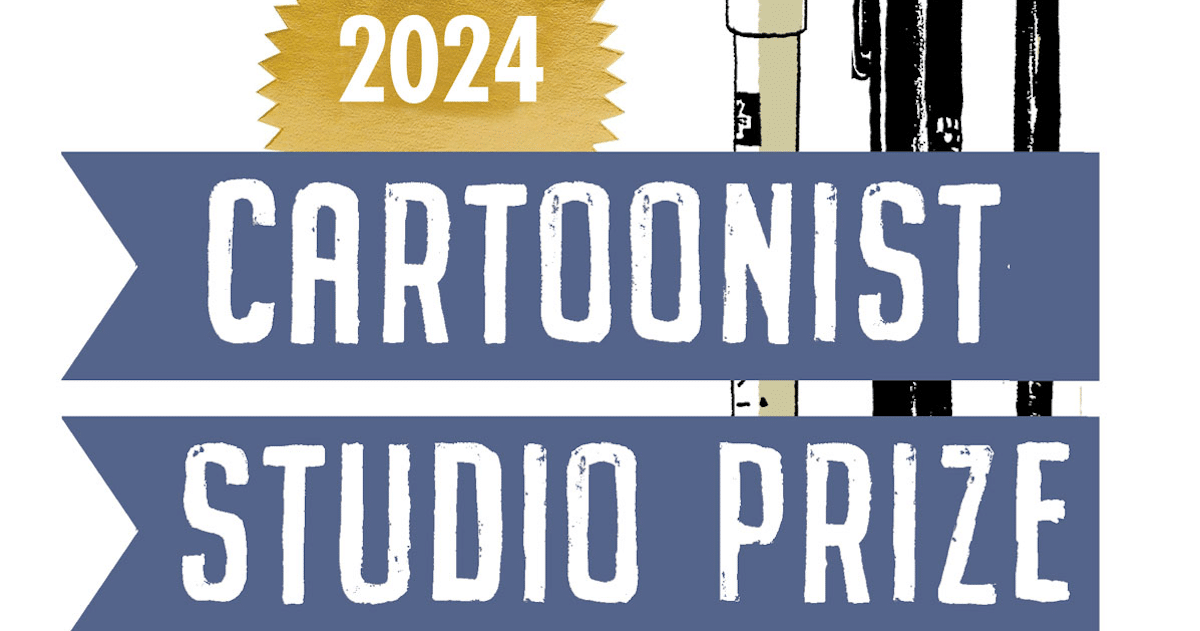
In the banned version, Tintin is depicted in his 30s. Many of his contemporaries have disappeared and the famous journalist is undergoing a midlife crisis.
Portrayed as a dissolute tabloid journalist, Tintin has affairs with various women; his past glories long behind him. In the book there are graphic scenes, including one of a man – not Tintin – and a woman having sex.
Altarriba, a comic-book writer, said: “I am an author and am totally against plagiarism, but the use of personalities which are already in existence is common.
“I have used many characters from the past in my books and I have never had a problem. But after this I will never write again about Tintin.”
No, you won’t!





This is a classic case of a ban making things more interesting. I wouldn’t have been very keen to read this if I’d seen this advertised, but now that I know it’s risqué enough to have bothered the Hergé estate….hotcha! It piques the curiosity.
I wonder what the estate would have to say “Tintin and the Secret of Literature”…regardless, I think ‘rebel Tintin studies’ is shaping up to be a pretty fascinating little academic sub-genre.
Thanks for this!
I’m sure I have a grown-up Tintin novel here somewhere…yes! “Tintin in the New World,” by Frederic Tuten!
Susan Sontag likes it!
//Oo/\
This isn’t the first time someone has tried to do a Tintin story with ‘adult’ themes, though it does sound more legitimate than Tintin in Thailand.
Idea: Tintin and Jimmy Olsen sitting in a bar, circa 1973, discussing how the world has changed since the 1950s…
Or, a memoir told in flashback, about Tintin’s adventures post-1960s…
Well, it’s not like Tintin meets Mina Harker and Mr. Hyde and fights Martians, or hooks up with Wendy and Dorothy in prewar Europe. That would be something to complain about.
Tuten’s book was authorized (by Hergé himself, no less!), this one isn’t. So there you go.
And it’s one thing to do a book about Tintin and a Tintin book. The former can be done without authorization (except for image reproductions), the later can’t.
Best,
Hunter (Pedro Bouça)
Hi,
What is the email of the author of this news?
Thank